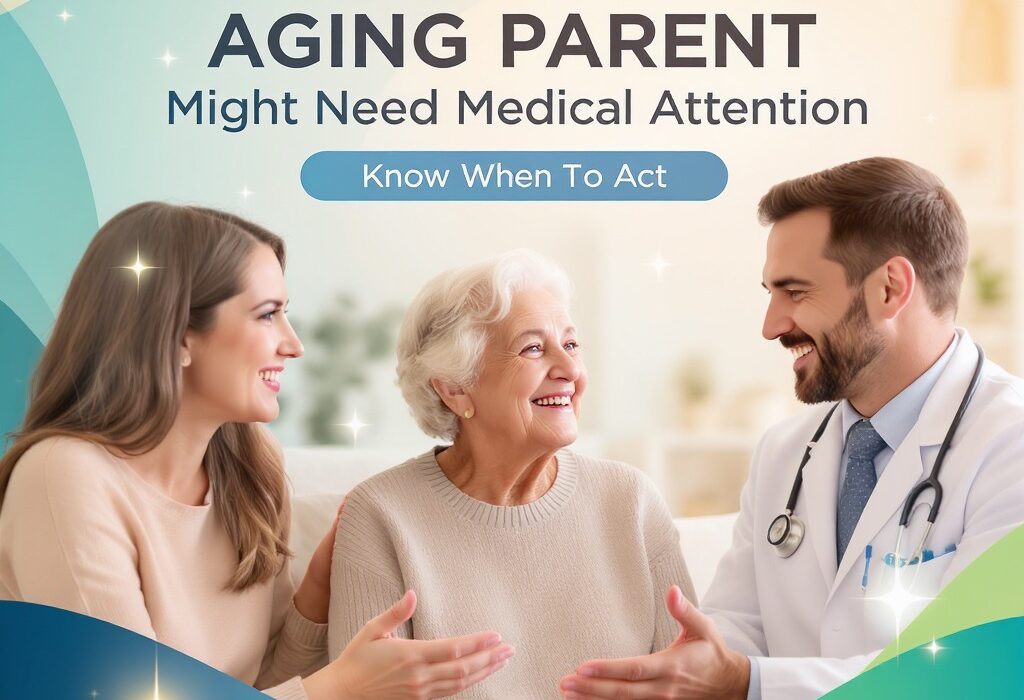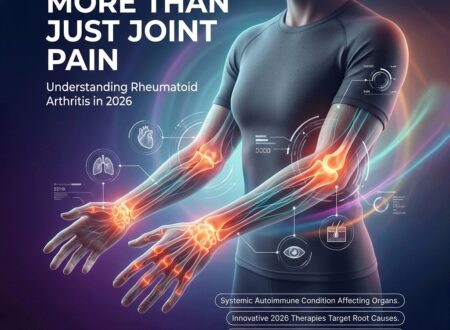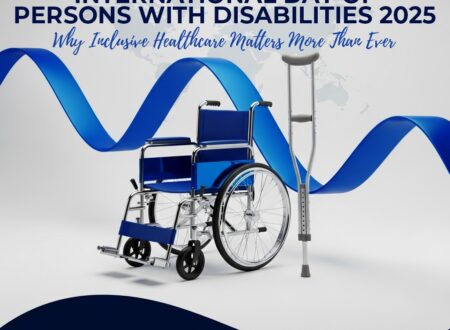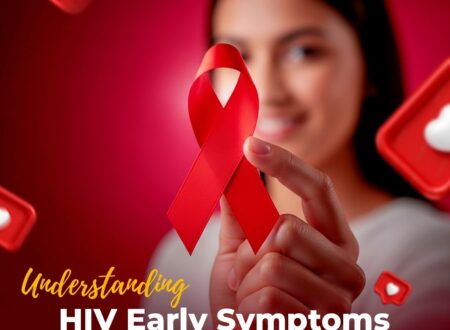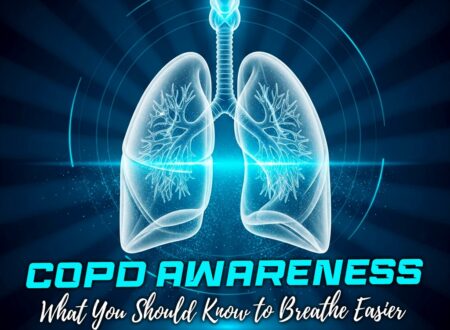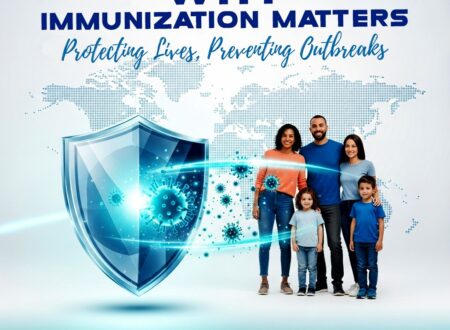The journey of watching our parents age can be both beautiful and challenging. As adult children, we often find ourselves wondering when our aging parent might need medical attention while trying to respect their independence. With India’s elderly population projected to reach 158.7 million by 2025, recognizing early warning signs that indicate when our aging parent might need medical attention has become more crucial than ever
Recent data reveals that 75% of elderly Indians have one or more chronic diseases, while only 270 trained geriatricians serve over 14 crore older adults across the nation. This stark healthcare gap makes it essential for families to become proactive observers of their parents’ health and well-being.
The Silent Changes That Speak Volumes:
Aging brings inevitable changes, but certain shifts in your parent’s daily life should raise immediate red flags. Research shows that 32.9% of elderly individuals in India experience depression, often manifesting through subtle behavioral changes that families might initially dismiss as “normal aging.
Early detection remains your most powerful tool. Unlike acute medical emergencies that announce themselves dramatically, the warning signs your aging parent might need medical attention often emerge gradually, making them easy to overlook until they become serious concerns.
1. Dramatic Changes in Personal Hygiene and Appearance:
One of the most telling indicators that your aging parent might need medical attention involves noticeable decline in their personal care routines. When someone who was always immaculately dressed suddenly appears disheveled, this transformation often signals underlying health issues.
Look for these specific warning signs:
- Wearing the same clothes for multiple days
- Strong body odor or neglected dental hygiene
- Untrimmed nails or uncombed hair
- Unexplained weight loss or gain
- Inappropriate clothing choices for weather conditions
These changes frequently indicate mobility limitations, cognitive decline, or depression. A parent struggling with arthritis might find buttoning clothes painful, while someone experiencing early dementia could forget basic grooming routines. Don’t dismiss these signs as mere laziness or stubbornness.
What you can do: Approach the conversation with sensitivity. Rather than criticizing their appearance, express concern for their well-being and offer practical assistance. Sometimes simple modifications like easy-to-use clothing or grab bars in the bathroom can make a significant difference.
2. Increasing Memory Problems and Cognitive Changes:
While occasional forgetfulness happens to everyone, certain memory-related changes warrant immediate medical evaluation. The distinction lies between misplacing keys occasionally versus consistently forgetting how to perform familiar tasks.wtop
Critical warning signs include:
- Forgetting to take prescribed medications regularly
- Getting lost in familiar neighborhoods
- Difficulty managing finances or paying bills
- Confusion about time, dates, or seasons
- Repeating the same questions multiple times
- Difficulty following simple instructions
Research indicates that cognitive decline affects daily functioning in significant ways. When your parent begins struggling with instrumental activities of daily living (IADLs) like managing medications or handling finances, professional medical assessment becomes essential.
Important note: Memory problems can stem from various causes including medication side effects, depression, thyroid disorders, or vitamin deficiencies – many of which are treatable when caught early.
3. Neglect of Home Maintenance and Living Environment:
A parent who previously maintained an immaculate home but suddenly lives in cluttered, unsanitary conditions needs immediate attention. Environmental neglect often reflects declining physical or cognitive abilities.
Key indicators to monitor:
- Piles of unopened mail or unpaid bills
- Spoiled food in the refrigerator
- Poor housekeeping and accumulated clutter
- Burn marks on pots or stove surfaces
- Strong odors throughout the home
- Neglected yard or garden maintenance
Studies show that 48% of elderly Indians report limitations in instrumental activities of daily living, which directly impacts their ability to maintain their living environment safely.
The deeper concern: These changes might indicate that your parent is struggling with daily tasks that once seemed effortless. Cooking, cleaning, and managing household affairs require coordination, planning, and physical capability – all of which can decline with age or illness.
4. Social Withdrawal and Isolation:
When your naturally social parent begins avoiding friends, family gatherings, or favorite activities, this behavioral shift often signals depression, anxiety, or underlying health problems. Social isolation significantly impacts elderly health outcomes.
Warning signs of concerning social withdrawal:
- Declining phone calls from friends and relatives
- Skipping regular social activities or religious services
- Expressing disinterest in previously enjoyed hobbies
- Avoiding family gatherings or visits
- Spending entire days watching television
- Becoming increasingly irritable or withdrawn
Research reveals that traditional family-based care structures are under strain, particularly in urban settings, making social connections even more vital for elderly mental health.
The health connection: Social isolation correlates strongly with depression, cognitive decline, and physical deterioration. Humans are inherently social beings, and when elderly individuals withdraw from their support networks, their overall health typically suffers.
5. Frequent Falls, Injuries, or Unexplained Bruises:
Perhaps the most immediately concerning sign involves physical injuries, particularly unexplained bruises, frequent falls, or burn marks. Falls represent a warning sign of diverse problems including muscle atrophy, medication mismanagement, osteoporosis, or neurological conditions.
Critical physical warning signs:
- Multiple bruises in various stages of healing
- Frequent minor injuries or cuts
- Burns on hands or arms from cooking
- Complaints of dizziness or balance problems
- Difficulty standing from seated positions
- Shuffling gait or unsteady walking
The emergency aspect: Falls among elderly individuals can lead to serious complications including hip fractures, head injuries, and loss of confidence that creates a dangerous cycle of reduced activity and further physical decline.
Immediate action required: Any pattern of falls or unexplained injuries demands prompt medical evaluation to identify underlying causes and implement prevention strategies.
When to Seek Professional Help:
Recognizing these warning signs represents only the first step. The key lies in distinguishing between normal aging processes and indicators requiring medical intervention. If you observe any combination of these signs, particularly if they appear suddenly or worsen rapidly, professional medical evaluation becomes essential.
Consider immediate medical consultation when:
- Multiple warning signs appear simultaneously
- Changes occur rapidly over days or weeks
- Your parent expresses feeling unwell or confused
- Safety concerns arise regarding driving, cooking, or medication management
- Social withdrawal becomes complete isolation
Approaching the Conversation With Your Parent:
Discussing health concerns with aging parents requires exceptional sensitivity and tact. Many elderly individuals resist acknowledging declining abilities because they fear losing independence.
Effective communication strategies:
- Choose a calm, private moment for serious discussions
- Focus on specific observed changes rather than general concerns
- Express love and support while acknowledging their autonomy
- Offer to accompany them to medical appointments
- Suggest starting with their trusted family physician
Remember: Your parent’s resistance often stems from fear rather than stubbornness. Approach these conversations with patience, empathy, and respect for their dignity.
Taking Action: Next Steps for Families
Once you’ve identified concerning signs, taking appropriate action becomes crucial. India’s geriatric healthcare market is projected to reach USD 97.3 billion by 2033, indicating growing awareness and resources for elderly care.
Practical steps to consider:
- Schedule comprehensive medical evaluations
- Research local geriatric specialists and services
- Explore home healthcare options if hospital visits cause anxiety
- Consider safety modifications for their living environment
- Connect with local support groups and resources
Documentation helps: Keep detailed notes about the changes you observe, including dates, times, and specific incidents. This information proves invaluable during medical consultations.
The Path Forward: Supporting Your Parent’s Health Journey
Recognizing warning signs that your aging parent might need medical attention represents an act of love, not an invasion of privacy. Early intervention often prevents minor issues from becoming major medical crises, ultimately helping your parent maintain independence longer.
Remember that seeking medical attention doesn’t mean your parent is “giving up” their autonomy. Instead, it demonstrates wisdom in addressing health concerns before they become unmanageable. With depression affecting nearly one-third of elderly Indians, professional support can significantly improve quality of life.
Your role as an adult child involves balancing respect for your parent’s independence with ensuring their safety and well-being. By staying alert to these five critical warning signs – changes in hygiene and appearance, memory problems, home neglect, social withdrawal, and physical injuries – you can help ensure your parent receives appropriate medical attention when needed.
The journey of caring for aging parents challenges families emotionally and logistically. However, by remaining vigilant, communicating with compassion, and seeking professional help when appropriate, you can support your parent through this life stage while preserving their dignity and maximizing their health outcomes.

